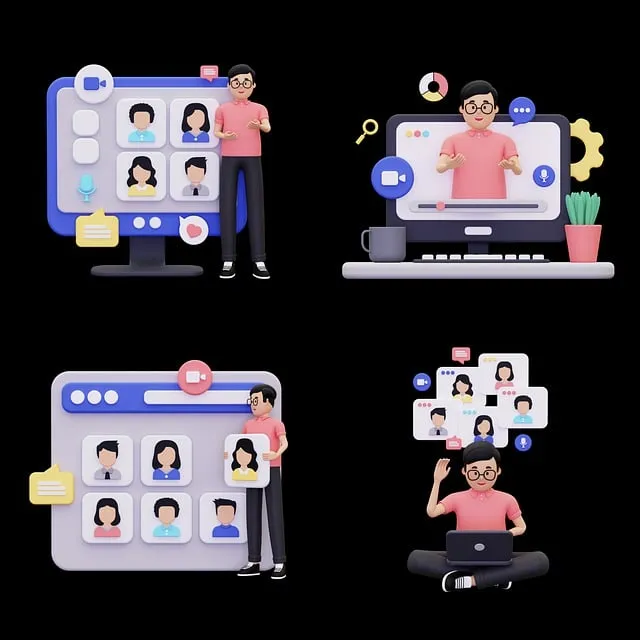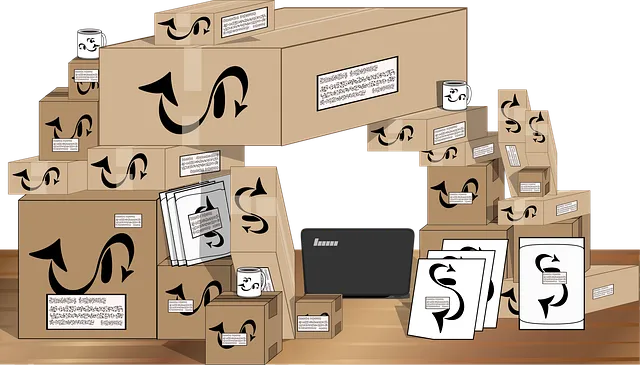In today's digital age, journalists and marketing managers in media organizations face challenges maintaining online privacy and anonymity due to stringent censorship laws and heightened data privacy concerns. VPNs, like Private Internet Access (PIA), are essential tools enabling stealthy web surfing through encrypted connections and masked IP addresses. This protects users from tracking, safeguards sources, allows access to blocked websites, and enhances security on public Wi-Fi. For journalists under repressive regimes or reporting on sensitive topics, VPNs are crucial for uncovering hidden truths freely and anonymously.
In an era where information is power, journalists worldwide face unprecedented challenges in protecting their online privacy. This article delves into the critical need for private Internet access as a cornerstone of journalistic integrity. We explore how Virtual Private Networks (VPNs) enable journalists to engage in stealthy web surfing, ensuring anonymity while gathering vital information. By leveraging VPNs, journalists can enhance security, protect sources, and maintain their edge in the digital landscape.
- Understanding the Need for Private Internet Access in Journalism
- The Role of VPNs: How They Facilitate Stealthy Web Surfing
- Benefits of Using a VPN for Journalists Worldwide
- Implementing and Maintaining Secure Online Privacy for Journalists
Understanding the Need for Private Internet Access in Journalism

In today’s digital era, journalists worldwide face unprecedented challenges when it comes to maintaining privacy and anonymity while conducting research and reporting. The internet, once a powerful tool for uncovering truths, has transformed into a complex web where every click and search query can be tracked and monitored. This poses significant risks to the safety and integrity of journalistic work, especially in countries with strict censorship laws. Private Internet access is not just a luxury but an essential requirement for journalists who need to navigate the online landscape stealthily, ensuring their sources remain confidential and their digital footprint is untraceable.
Stealthy web surfing techniques are crucial for marketing managers within media organizations as well. They must research market trends and competitor strategies without raising alarms or compromising sensitive business information. Private Internet access allows them to browse the web privately, enabling them to gather insights and make informed decisions without leaving a digital trail that could be exploited. This is particularly vital in an era where data privacy and security are at the forefront of public concern.
The Role of VPNs: How They Facilitate Stealthy Web Surfing

Virtual Private Networks (VPNs) play a pivotal role in enabling journalists worldwide to engage in secure and anonymous stealthy web surfing. By encrypting internet traffic, VPNs mask users’ IP addresses, making it nearly impossible for third parties, including governments and internet service providers, to track their online activities. This anonymity is crucial for reporters who need to access sensitive information or conduct investigations without fear of surveillance or retaliation.
For journalists operating in repressive regimes, VPNs serve as a lifeline, providing a layer of protection against censorship and monitoring. They allow users to bypass geographically restricted content, access blocked websites, and communicate securely with sources and colleagues. With a VPN, a journalist can navigate the web freely, ensuring their privacy and safety while gathering critical information for their stories, all while maintaining an air of secrecy that is indispensable in their line of work.
Benefits of Using a VPN for Journalists Worldwide

For journalists operating in repressive regimes or dealing with sensitive stories, a VPN offers an indispensable tool for maintaining privacy and anonymity online. By encrypting internet traffic and routing it through a secure server, VPNs provide a layer of protection that enables journalists to browse the web stealthily. This is particularly crucial when reporting on topics that could be considered controversial or threatening to the state, as it shields their identity and location from prying eyes.
Using a VPN also allows for unfettered access to blocked websites and restricted content, enabling journalists to gather information from diverse sources without geographical constraints. This freedom of exploration is vital for uncovering hidden truths and holding powerful entities accountable. Moreover, VPNs enhance security when using public Wi-Fi networks, a common practice among reporters on tight budgets or covering stories in remote areas, thus mitigating the risk of data breaches and surveillance.
Implementing and Maintaining Secure Online Privacy for Journalists

Implementing and maintaining secure online privacy is paramount for journalists, especially in today’s digital age where information is power. Journalists often find themselves navigating a complex web of sensitive sources and potentially hostile environments, making stealthy web surfing a vital skill. By employing advanced VPN technologies and practicing meticulous digital hygiene, they can protect their identities, ensure anonymous communication, and safeguard confidential sources.
Private Internet Access (PIA) serves as a robust tool for journalists worldwide, offering encrypted connections that mask online activities, location, and IP addresses. This not only protects them from government surveillance but also enables them to access blocked content and maintain a low profile while researching or reporting in foreign countries. Moreover, PIA’s user-friendly interface and extensive server network ensure seamless and stealthy web surfing experiences for even the most tech-averse journalists, enabling them to focus on uncovering the truth without fear of digital footprints being left behind.
For journalists worldwide, navigating the digital landscape with sensitivity is paramount. Private Internet Access (PIA) emerges as an indispensable tool, enabling secure and anonymous stealthy web surfing. By utilizing VPNs, journalists can protect their sources, maintain privacy, and circumvent geo-restrictions, ensuring they have access to a diverse range of information. With PIA, reporters can operate with enhanced security, empowering them to deliver unbiased and in-depth reporting without compromising ethical standards or personal data. This is particularly crucial in today’s world where online surveillance is prevalent, making secure communication and research vital for the integrity of journalism.
